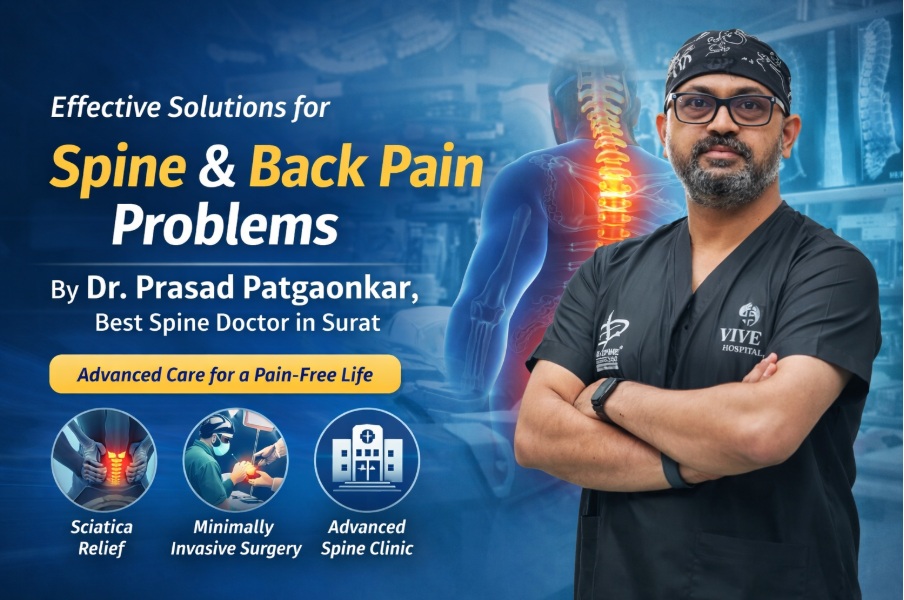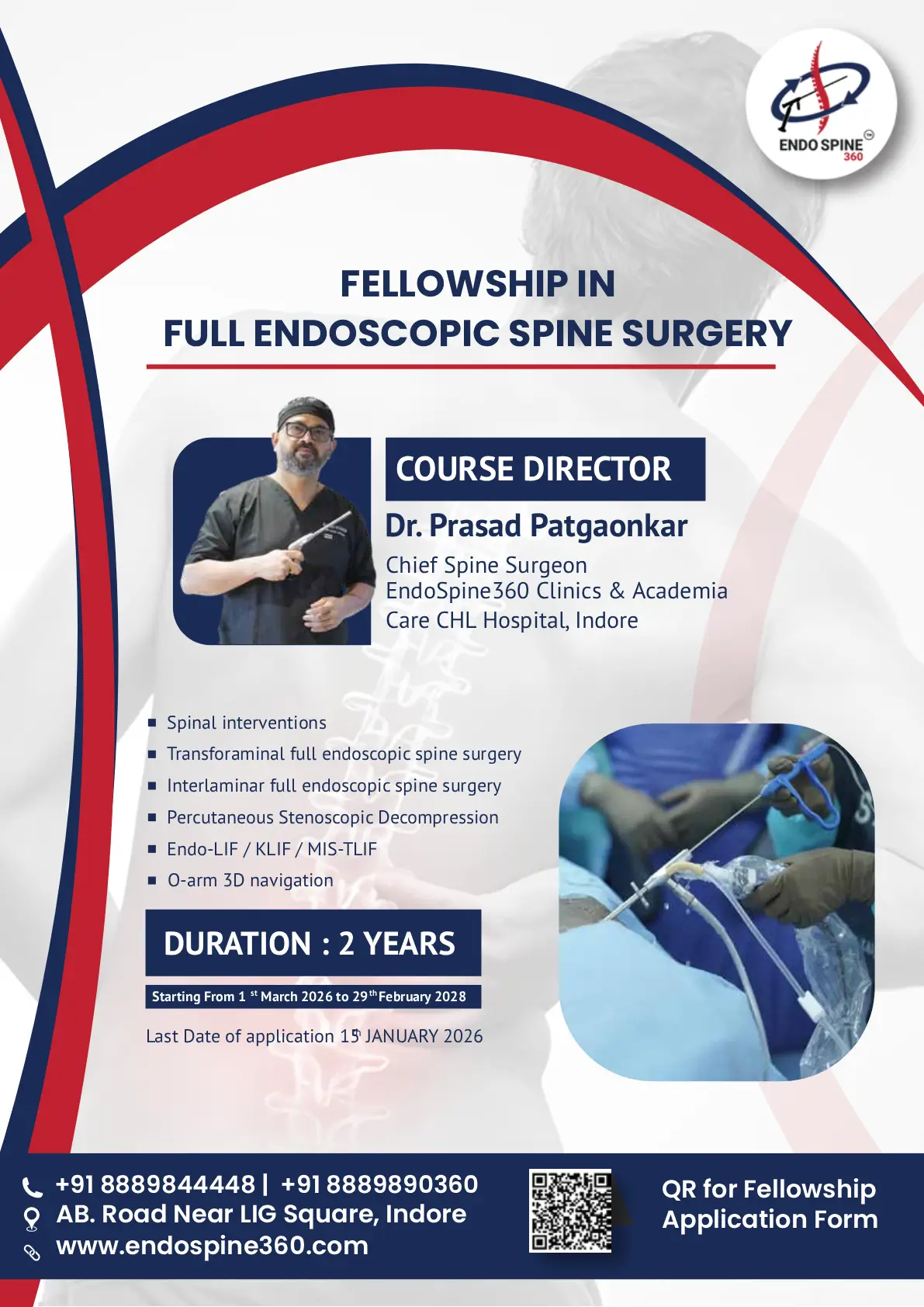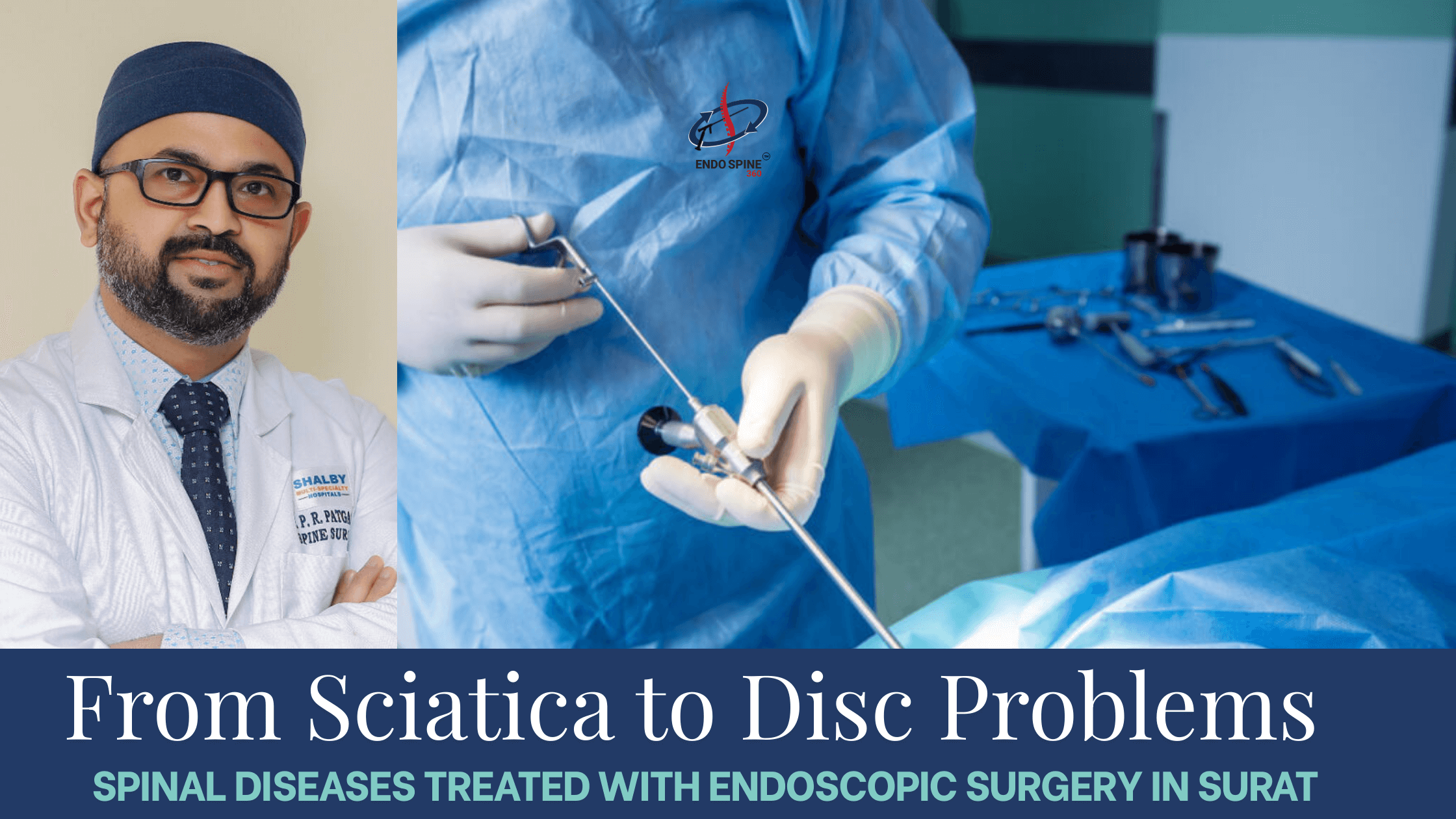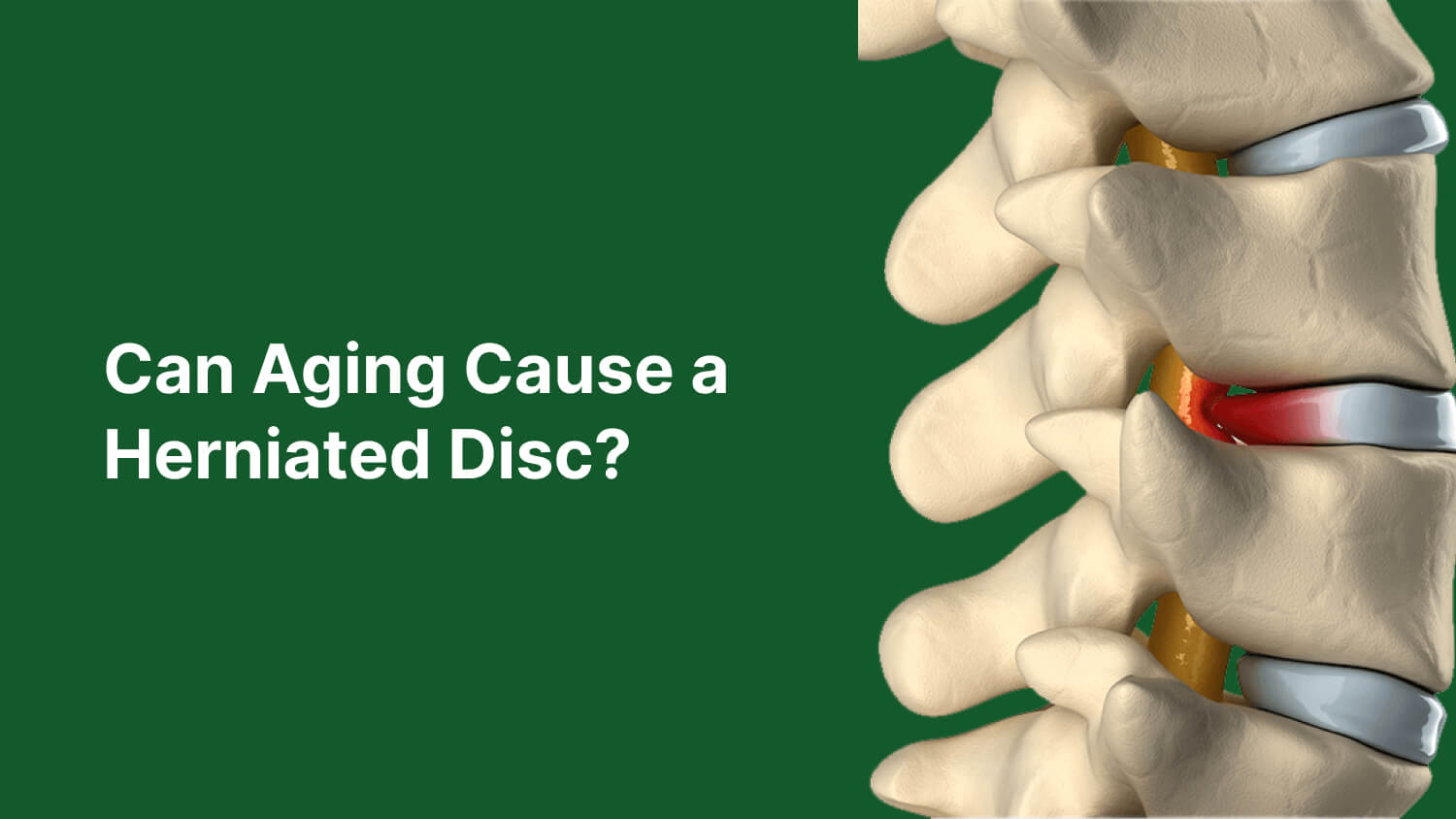Can Aging Cause a Herniated Disc?
- Admin
As individuals age, experiencing aches and pains often becomes an expected part of life, despite reassurances from the medical community that some of these discomforts are preventable. However, the variability in the severity and manifestation of conditions such as osteoarthritis among different individuals remains somewhat mysterious. While medical science offers insights into preventive measures, the reasons why certain individuals may suffer extensively from such conditions while others manage to evade symptoms altogether often remain unclear.
In everyday conversation, you often hear people talk about a "slipped disc," implying that the cushion-like pads between the vertebrae can move out of place similar to cushions on a couch. However, this is not the case.
When someone refers to a "slipped disc," they are most likely describing either a bulging or herniated disk. In reality, the disk remains in its intended location, but an injury or damage causes it to protrude beyond its usual boundaries.
Herniated discs and aging
As we age, the likelihood of experiencing herniated discs increases, particularly among older adults. This heightened susceptibility is primarily due to the natural degeneration of the discs in our spine over time. As these discs deteriorate with age, they become more prone to damage and injury, increasing the risk of herniation.
In addition to age-related degeneration, several other factors can contribute to the development of herniated discs. These factors may include genetic predispositions, engaging in repetitive motions that strain the spine, being overweight or obese, and smoking. Each of these factors can further exacerbate the degenerative process and raise the likelihood of experiencing herniated discs.
How to Manage Back Pain as You Age?
Managing back pain as you age requires a multifaceted approach aimed at reducing discomfort and improving overall well-being. Here are some strategies to consider:
Exercise: Engaging in regular exercise is crucial for strengthening the muscles that support the back, thereby reducing the risk of injury. Opt for low-impact activities like walking, swimming, cycling, yoga, or pilates to improve flexibility, balance, and strength.
Maintain Proper Posture: Poor posture can exacerbate back pain, so focus on maintaining good posture throughout the day. Ensure that your spine is straight, shoulders are relaxed, and feet are flat on the ground when sitting. Take breaks to stretch and avoid prolonged periods of slouching.
Weight Management: Managing weight through a balanced diet and regular exercise can alleviate strain on the back muscles, reducing pain and discomfort associated with excess weight.
Heat and Cold Therapy: Alternating between heat and cold therapy can help alleviate pain and inflammation. Apply a heating pad or take a warm bath to relax tense muscles, and use a cold pack or ice to reduce inflammation and numb pain.
Medication: Over-the-counter pain relievers like ibuprofen or acetaminophen can provide temporary relief from back pain. However, be cautious of long-term use, as it may lead to side effects such as liver damage or ulcers.
Surgery: In severe cases of back pain, surgery may be necessary to address underlying medical conditions like herniated discs or spinal fractures. However, surgery should be considered only after exhausting all other treatment options.
It's essential to seek medical care if back pain persists or worsens over time. Additionally, immediate medical attention is warranted if you experience symptoms such as numbness or weakness in the legs, loss of bowel or bladder control, fever, chills, or unexplained weight loss, as these may indicate a more serious underlying condition.
If spinal issues are impacting your quality of life, we invite you to reach out to us and schedule a consultation today. At Endospine360, we prioritize personalized care and patient education. We are dedicated to providing you with the highest level of treatment for your spinal condition, empowering you to live life to the fullest. Contact us now to begin your journey towards improved spinal health and overall well-being.
Search
Categories
Popular Tags
Recent Post
-
Consult the top spine surgeon for safe and effective spine treatment

Spine problems such as chronic back pain, neck stiffness, slipped disc...
Read more -
Effective solutions for spine and back pain problems by the best spine doctor in surat

Back pain and spine-related disorders have become increasingly common ...
Read more -
Full endoscopic fellowship 2026

Fellowship in full endoscopic spine surgery under Dr. Prasad Patgaonka...
Read more -
From sciatica to disc problems: spinal diseases treated with endoscopic surgery in surat

Spine pain can quietly affect every part of your life—from walking and...
Read more



